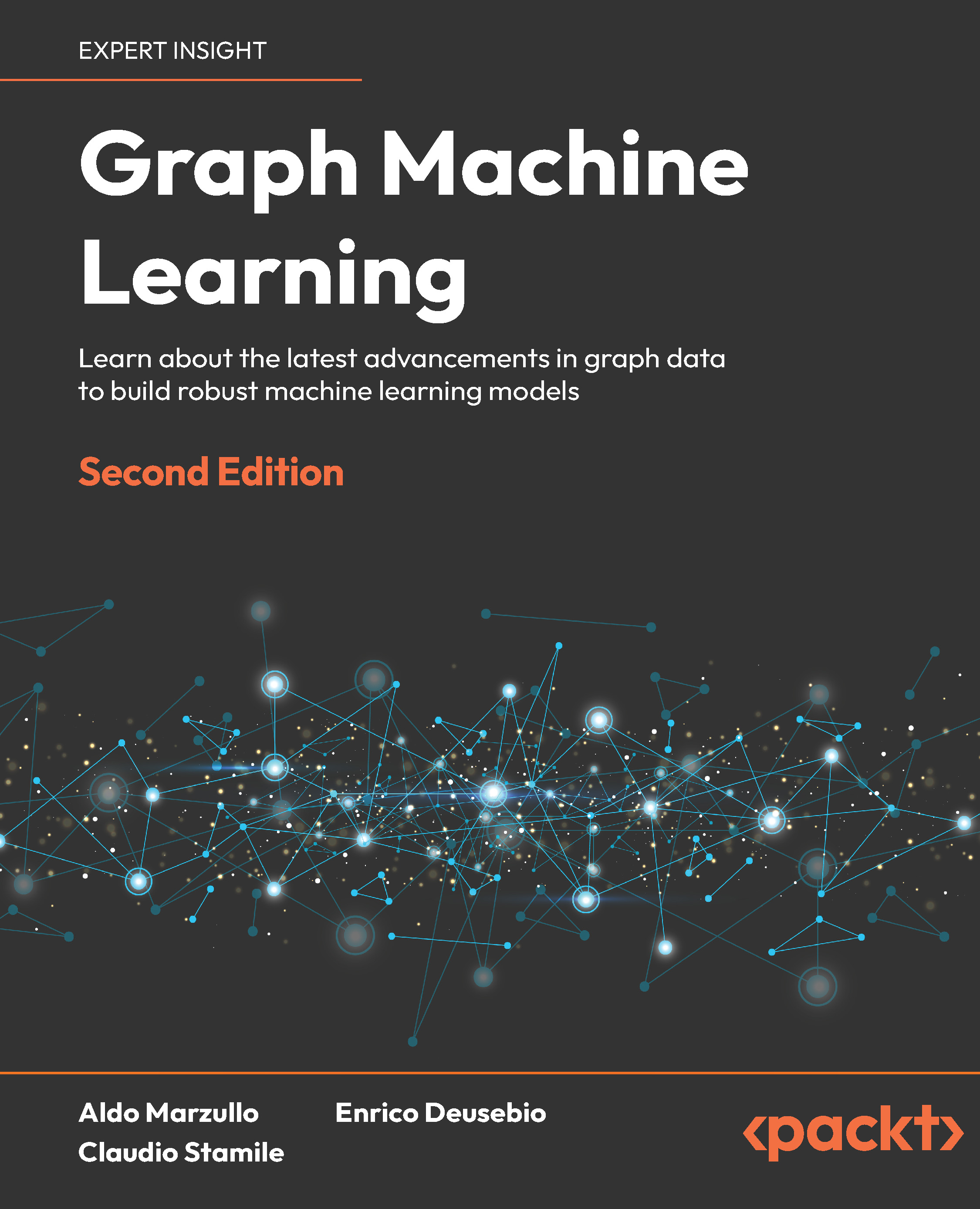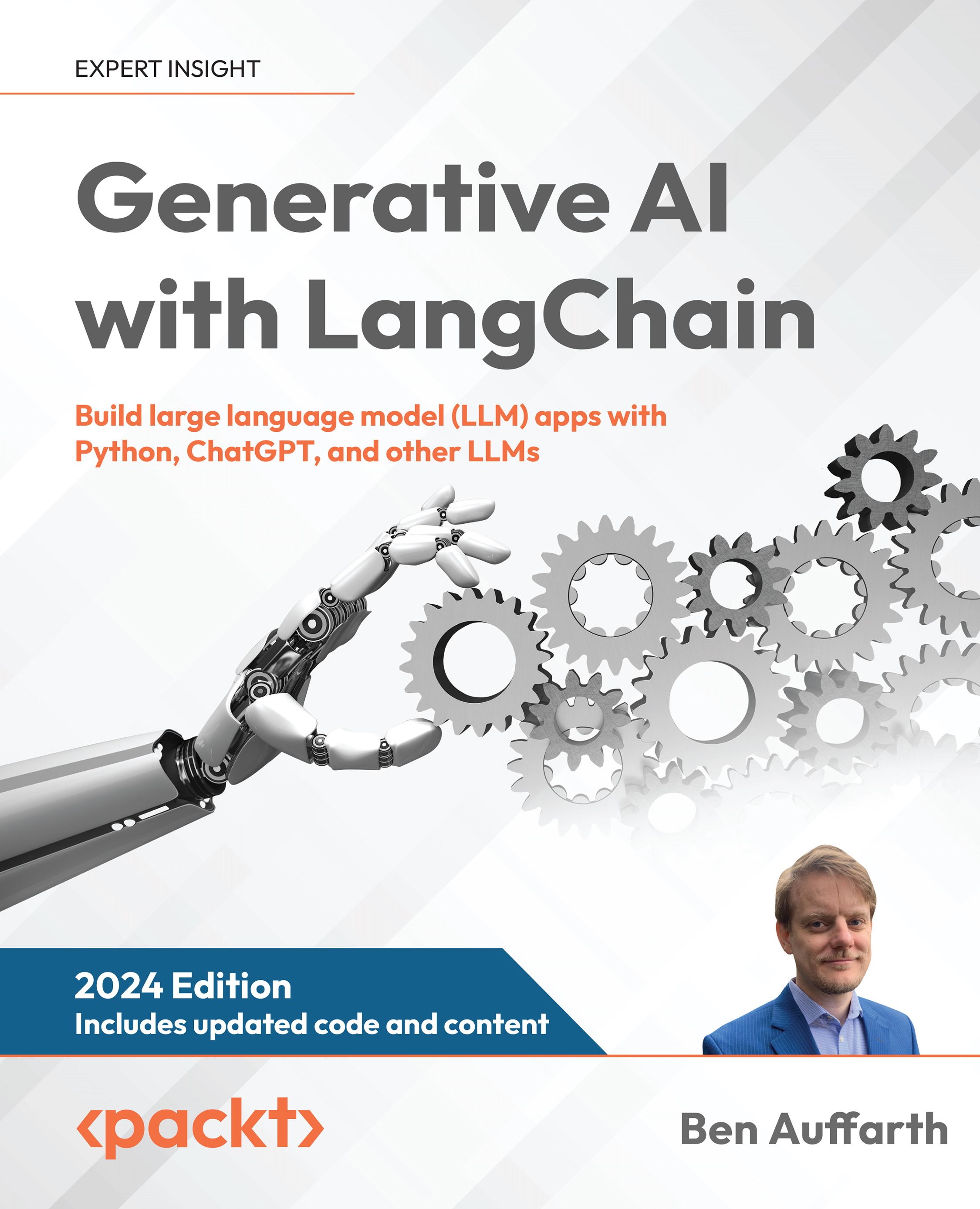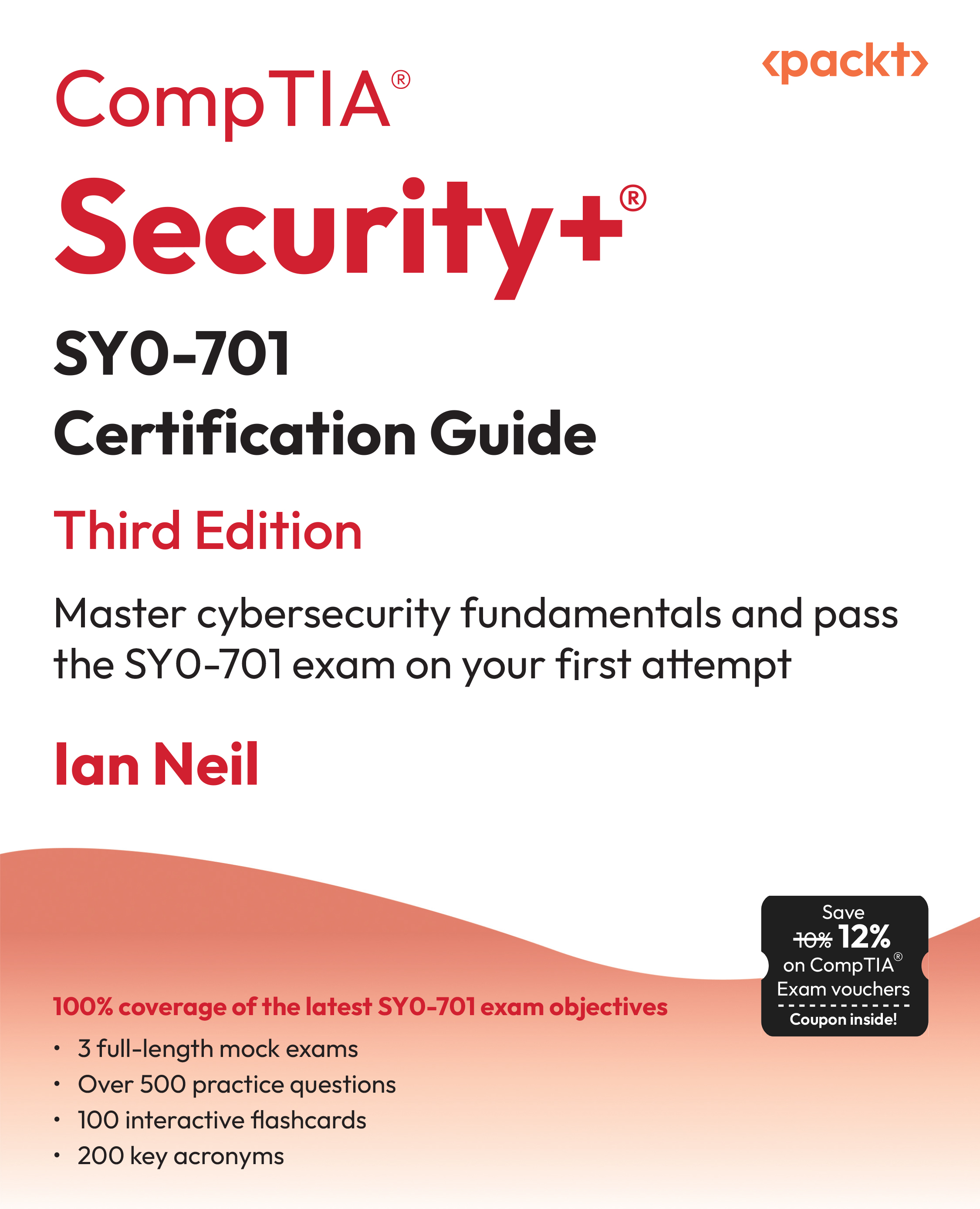🎯 Welcome to DataPro 134
This week’s issue is packed with powerful breakthroughs that are turning developer workflows smarter, sharper, and way more fun to build with. Whether you're wrangling multimodal models, benchmarking LLMs, or debugging AWS workflows inside your IDE, this issue's for you.
Also, two new books just dropped from the Packt Data Science team, and they’re worth your attention:
📘 Architecting Power BI Solutions in Microsoft Fabric
If you're building anything serious with Power BI, this is your 2025 playbook. It's all about scaling, governance, and doing BI right.
📗 Tableau Cookbook for Experienced Professionals
Already know Tableau? This helps you scale it. Real-world recipes for performance, security, and smarter dashboards.
🔧 Top Tools
🔸 Dia-1.6B – Lifelike voice generation with tone & real-time control
🔸 BitNet-1bit – Efficient, low-latency language model from Microsoft
🔸 MAGI-1 – Chunk-based high-quality video generation
🔸 DeepMath-103K – New benchmark for math-savvy models
🔸 OpenAI’s o3 and o4-mini - What They Mean for Data, Tech, and Research Workflows
🔥 What’s Trending
🔸 Build APIs with FastAPI
🔸 Physics meets Finance via PINNs
🔸 Benchmark DeepSeek-R1 with Ollama
🔸 Export MLflow from HPC systems
🚀 Fresh Launches
🔸 NVIDIA's Describe Anything 3B – Region-specific image/video captions
🔸 Meta’s Llama Stack – A full-stack AI dev platform
🔸 Amazon SWE-PolyBench – Real-world coding agent benchmark
🔸 Serverless MCP – AI-assisted AWS debugging in IDEs
🔸 Atla MCP Server – Purpose-built model critique engine
Buckle up. This issue is packed with fresh tools, smarter protocols, and insights from the bleeding edge of DS, ML & Gen AI. Ready to build what’s next? Let’s dive in. 👇
 United States
United States
 Great Britain
Great Britain
 India
India
 Germany
Germany
 France
France
 Canada
Canada
 Russia
Russia
 Spain
Spain
 Brazil
Brazil
 Australia
Australia
 South Africa
South Africa
 Thailand
Thailand
 Ukraine
Ukraine
 Switzerland
Switzerland
 Slovakia
Slovakia
 Luxembourg
Luxembourg
 Hungary
Hungary
 Romania
Romania
 Denmark
Denmark
 Ireland
Ireland
 Estonia
Estonia
 Belgium
Belgium
 Italy
Italy
 Finland
Finland
 Cyprus
Cyprus
 Lithuania
Lithuania
 Latvia
Latvia
 Malta
Malta
 Netherlands
Netherlands
 Portugal
Portugal
 Slovenia
Slovenia
 Sweden
Sweden
 Argentina
Argentina
 Colombia
Colombia
 Ecuador
Ecuador
 Indonesia
Indonesia
 Mexico
Mexico
 New Zealand
New Zealand
 Norway
Norway
 South Korea
South Korea
 Taiwan
Taiwan
 Turkey
Turkey
 Czechia
Czechia
 Austria
Austria
 Greece
Greece
 Isle of Man
Isle of Man
 Bulgaria
Bulgaria
 Japan
Japan
 Philippines
Philippines
 Poland
Poland
 Singapore
Singapore
 Egypt
Egypt
 Chile
Chile
 Malaysia
Malaysia















